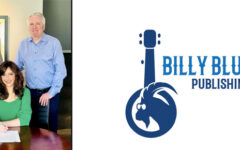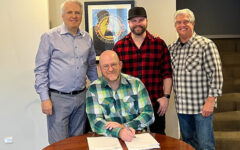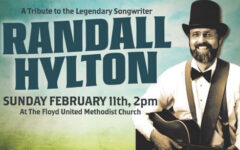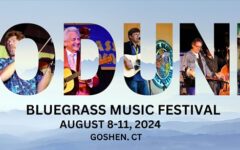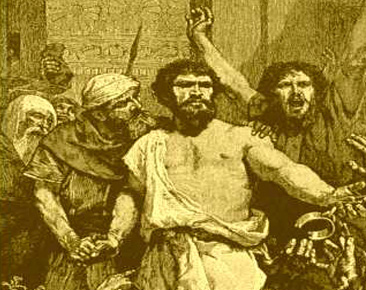
The Gospel song Barabbas was written by Eldred Hill, the mandolin player with West Virginia-based group Patent Pending.
He relates ……
“My father had heard a sermon on the crucifixion delivered by his minister Steve Smallman. The theme was that Barabbas was ‘our’ representative, that like Barabbas, Christ died in our place. He used the ‘hook’ of the song ‘my name is Barabbas, but yours is Barabbas too’ in the sermon.
I was having dinner with my parents that Sunday night and my dad suggested that this might make a good song. I went home that night and woke up the next morning and wrote the song in about 20 minutes, then I checked the accounts of Barabbas in the Gospels and tweaked a couple of things for accuracy.
I wrote the song on a Monday, and that following weekend Patent Pending went into the studio to record our Saturday Night & Sunday Morning LP. We had another gospel song lined up to record, but we couldn’t get that song (long forgotten) together in the studio. Our banjo and fiddle player needed to get back home, so Rusty, Leigh and I stayed over another day to work up Barabbas, and we recorded it for the LP. That’s the reason the original recording is instrumentally sparse – two guitars and a bass. In 1998 we re-recorded it for out Child of God CD and added harmonies and other instruments, which is how we currently perform it.
My father passed away in 2007. Steve Smallman, who had since moved on to a position in Philadelphia, returned to his old church in McLean, Virginia, and led the service, told the story of the song, and the band of course played it.”
According to Wikipedia …
Barabbas (or bar Abbas, in Greek) or Jesus Barabbas (literally “son of the father” or “Jesus, son of the father” respectively) is a figure in the Christian narrative of the Passion of Christ, in which he is the insurrectionary whom Pontius Pilate freed at the Passover feast in Jerusalem.
The penalty for Barabbas’ crime was death by crucifixion, but according to the four canonical gospels and the non-canonical Gospel of Peter there was a prevailing Passover custom in Jerusalem that allowed or required Pilate, the praefectus or governor of Judaea, to commute one prisoner’s death sentence by popular acclaim, and the “crowd” (ochlos) — which has become “the Jews” and “the multitude” in some sources — were offered a choice of whether to have Barabbas or Jesus Christ released from Roman custody. According to the synoptic gospels of Matthew, Mark, and Luke and the accounts in John and the Gospel of Peter, the crowd chose Barabbas to be released and Jesus of Nazareth to be crucified. A passage found only in the Gospel of Matthew has the crowd saying, “Let his blood be upon us and upon our children.”
There is conjecture that the two – Jesus Christ and Jesus Barabbas – were mixed up by the crowd.
As mentioned, a recording of Barabbas can be found on the Patent Pending CD A Child of God (Copper Creek Records CCCD 0158). It is still available at the Patent Pending website.
Barabbas
© Eldred Hill (Lonesome Note Music – BMI)
I lived two thousand years ago
A thief, a rebel was I
My name is Barabbas
And I was condemned to die
On Friday morning the jailer came
In the early light I could see
As he dragged two thieves away he said
Barabbas you can go free
The crowd outside was angry
And I could hear them roar
Barabbas, Barabbas as the jailer unlocked my door
I made my way through the city gates
Out to Mt. Calvary
Instead of two crosses on that hill
I could see that there were three
Who’s hanging there upon my cross
The one they built for me
Who’s dying there in the middle
That Barabbas might free
A purple robe a crown of thorns
A face forgiving and kind
Nailed to the cross on Calvary
The cross that should have been mine
I lived two thousand years ago
A sinner friend, like you
My name is Barabbas
But your’s is Barabbas too
Reprinted by permission

